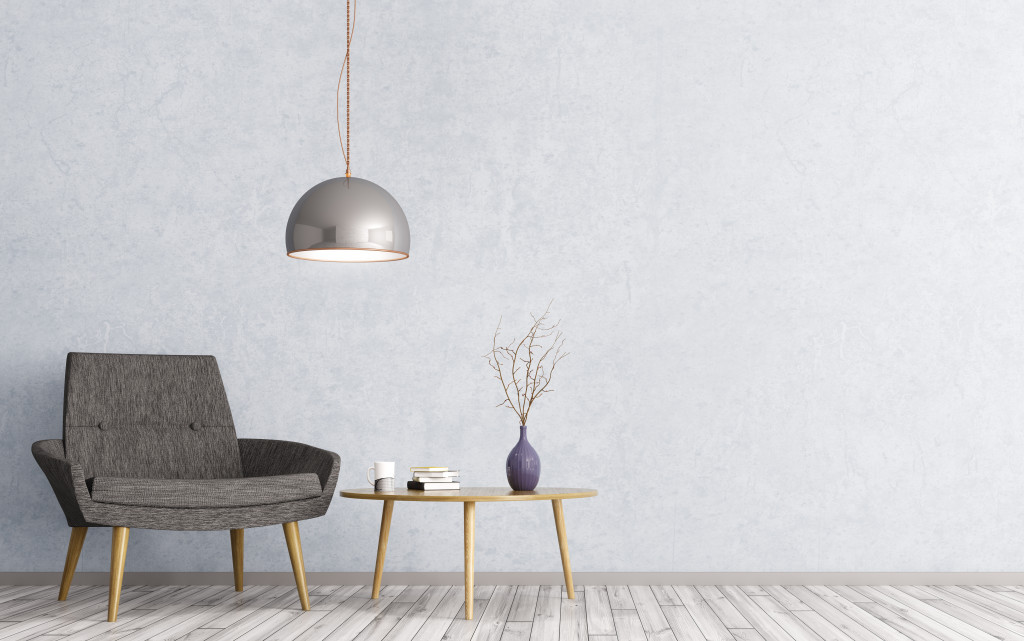Marie Kondo started a minimalism craze with her KonMari method. Her goal is to teach people to only keep items that genuinely bring joy to their lives so that they can have less cluttered homes, minds, and lives. Following Marie Kondo’s (or any other minimalist personality’s) life principles to a tee is quite a journey. It is difficult enough for most individuals. But it can even be more challenging for those with kids at home.
Nevertheless, minimalism, to whatever degree you want to follow it, can teach your kids important lessons that can impact their growth—that they can carry into adulthood. Here are some of those life lessons:
Learning the difference between “want” and “need”
The basic teaching of minimalism is that less is more. By focusing on less material possessions, you can have more time, money, and other resources to spend with people who matter to you most. Minimalism could then be a great way to teach children the difference between wanting something and needing it.
Before grabbing outdoor clothing at the store to buy, a child who’s exposed to minimalism can take a pause and tell their parents to put off the purchase for some other time. They don’t need it right away, anyway. Compare that to most kids who typically point at anything they want at a grocery or toy store.
Developing the value of focus and discipline

Minimalism isn’t only about letting go of unnecessary physical items. It is also about getting rid of distractions, including mental distractions that zap our energy. This is a good lesson for kids, especially during the coronavirus pandemic when they can’t go out much and have to study and play at home.
You can teach the value of minimalism to your kids by helping them realize that life is simpler if they let go of items and activities that aren’t worth keeping. They can then focus their energy on things that matter. For instance, they can study online better if they leave their other gadgets in another house area. They can improve in their chosen sports if they stop playing too much video games on weekends.
Being open to more experiences
Minimalism helps adults value experiences over things. By letting go of unnecessary possessions, you can have more time and money to gain new experiences and collect more memories. Imagine if your children can learn to be open to more experiences as well. To achieve that, you have to help them a bit. Whenever they ask for toys or clothes, one good idea is to give them another option: a new experience. Perhaps, instead of buying that latest Barbie doll on the market, you can treat them to a camping day in the backyard. If you make it a fun and exciting day, they might choose experience over a toy again.
Helping your children embrace minimalism in almost all aspects of their lives anchor them. It can leave them happy with less rather than always thirsting for more—and that’s a good way to grow and enjoy life.

